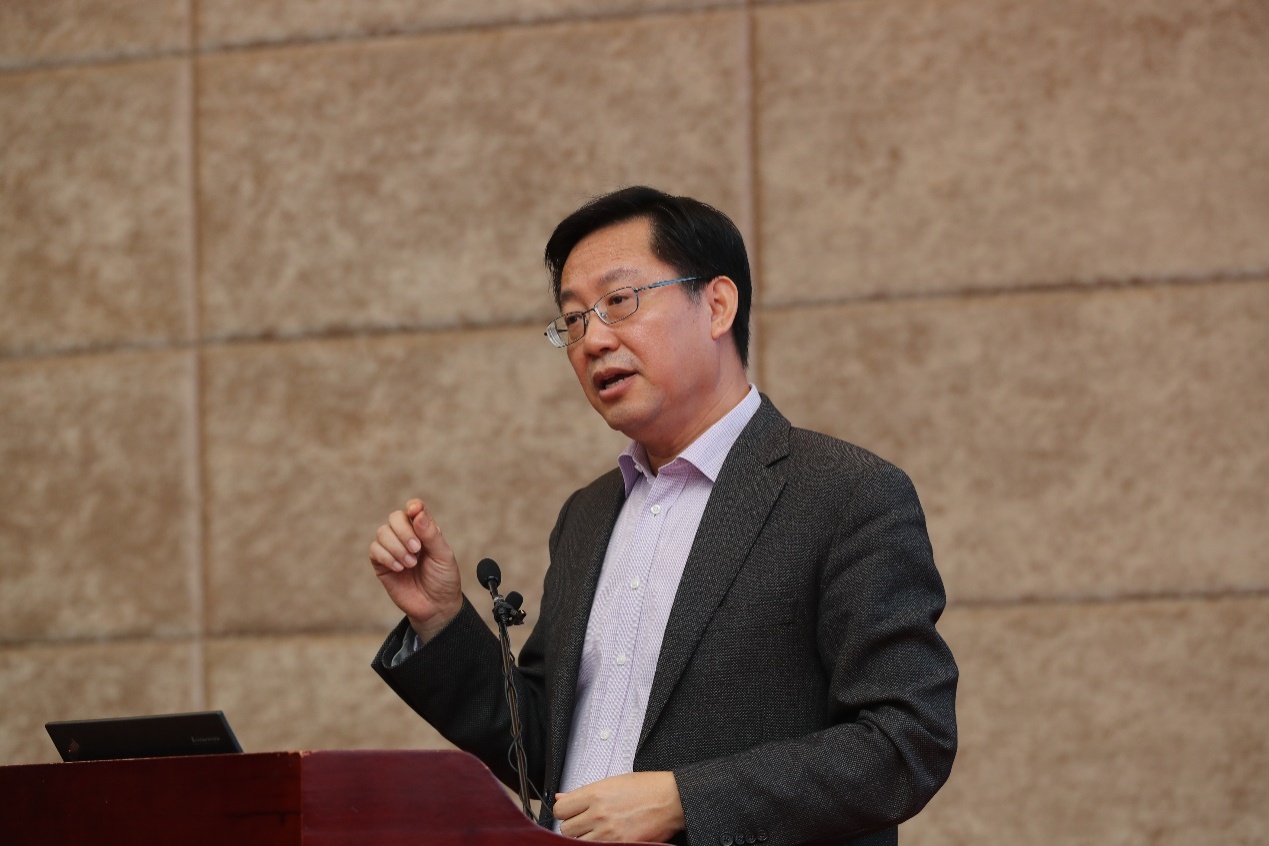How to promote governance competencies during the outbreak of COVID-19?
“Life is of paramount importance. When an epidemic breaks out, a command is issued. It is our responsibility to prevent and control it,” Xi Jinping, general secretary of the CPC Central Committee, said, calling on Chinese people to prioritize efforts to battle coronavirus nationwide.
Since the outbreak of COVID-19, ZJU scholars have contributed their expertise and knowledge to this fierce battle. They have submitted more than 20 reports to departments at various levels and published over 40 editorial articles in social media. Following are some of their valuable ideas on how to improve governance competencies in this critical period.

YU Jianxing (Dean of the School of Public Affairs and Director of the Academy of Social Governance):
How can China win this uphill battle from the perspective of governance? The decision of the Central Committee is crystal clear: adopting a targeted approach to implementing policies at the county level. Specifically, we should also take into account a series of measures as follows.
First, provincial or district governments can increase institutional supply and grant greater autonomy to grassroots government.
Second, provincial or district governments can work together with epidemiologists, public health experts and representatives of industrial associations or chambers of commerce to formulate scientific guidelines regarding the specific conditions for work resumption in businesses, thus assisting grassroots governments in supervising and standardizing relevant procedures. It can thus rectify the situation where the conditions for giving the seal of approval concerning work resumption to enterprises are too abstract and lacking in operability.
Third, in addition to authorization and guidance, high-level governments must also draw boundaries and set the bottom line for the behavior of grassroots governments. Meanwhile, social forces should be encouraged to participate. Competent authorities in various industries can call on industrial associations and chambers of commerce to assist in collecting information and other demands of market entities and to submit policy needs, thereby providing social forces with great scope for playing their greater role in mediating between the government and market entities.

WEI Jiang (Dean of the School of Management and Director of the Academy of Global Zheshang Entrepreneurship):
First, we must bring into full play the role of governance entities. In addition to the Party and the government, it is also essential to achieve a synergy among diverse social governance entities, such as associations, communities, business organizations and individuals to form a complementary and interconnected governance system in this network era.
Second, we must establish a sensible governance mechanism. Government emergency departments should establish a specific governance system for various types of governance bodies. After the outbreak of an emergency, they can mobilize various governance bodies immediately in response to epidemic risks.
Third, we must stress information interaction. We should break this “information isolated island” and use big data to monitor the movement of people so as to provide support for the effective prevention and control of the epidemic.
Fourth, we must solve the problem of governance accountability. It is crucial to clarify governance entities and objects as well as their relationship. The central government, local governments, and particularly grassroots organizations ought to assume corresponding responsibilities. Moreover, the role of markets in social governance can also be explored.

CHEN Zhigang (Professor of the School of Public Affairs and Director of the China Academy for Rural Development):
Food supply may not be serious in the short term. So far, food supply has been sufficient and the market has been fundamentally stable. However, the poultry industry has been adversely affected and the situation may well deteriorate if no further action is taken. If food processing enterprises cannot resume production as soon as possible, the operation of the supply chain in the agricultural food system will be considerably affected. The ongoing epidemic will exert a debilitating impact on such crops such as grain, cotton, oil, and sugar. If the epidemic disrupts domestic and international trade, it may well trigger panic in the food market. Here are some of my suggestions:
-Continue to monitor food prices in a close and timely manner and strengthen market supervision, especially in Hubei Province and its neighboring provinces.
-Ensure the smooth operation of regional agricultural production and logistics in the food supply chain.
-Formulate agricultural support policies and enhance support for production entities.
-Ensure the smooth flow of trade channels and make full use of the international market to stabilize food supply and demand.
-Protect vulnerable groups and provide employment services for migrant workers.
-Regulate the wild food market and cut off the source of zoonotic diseases.